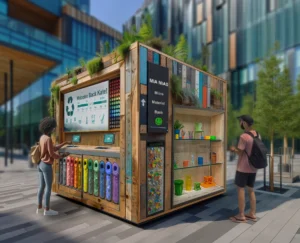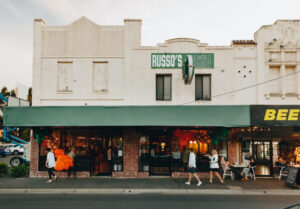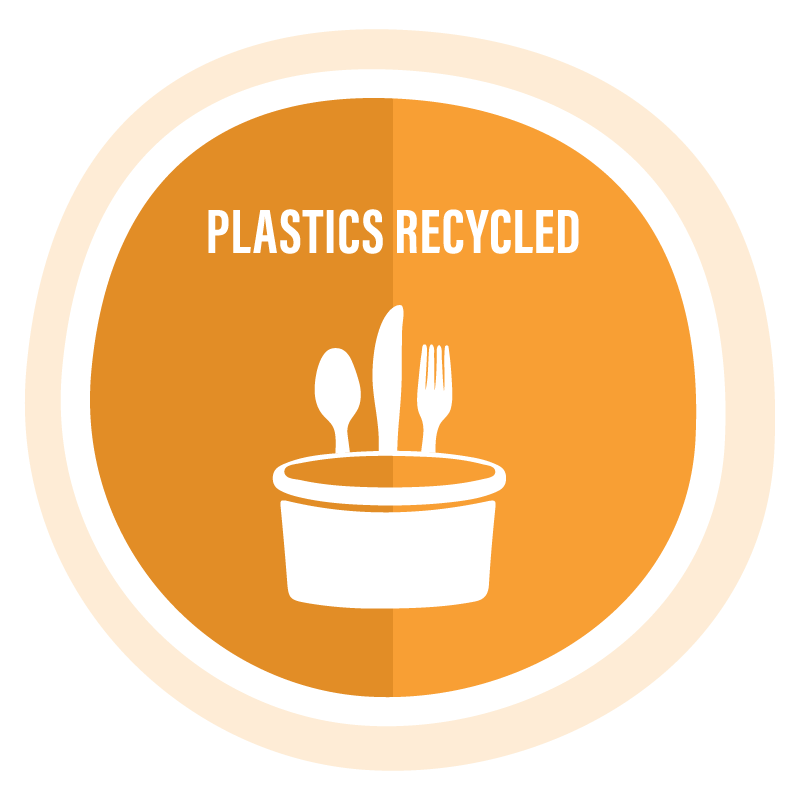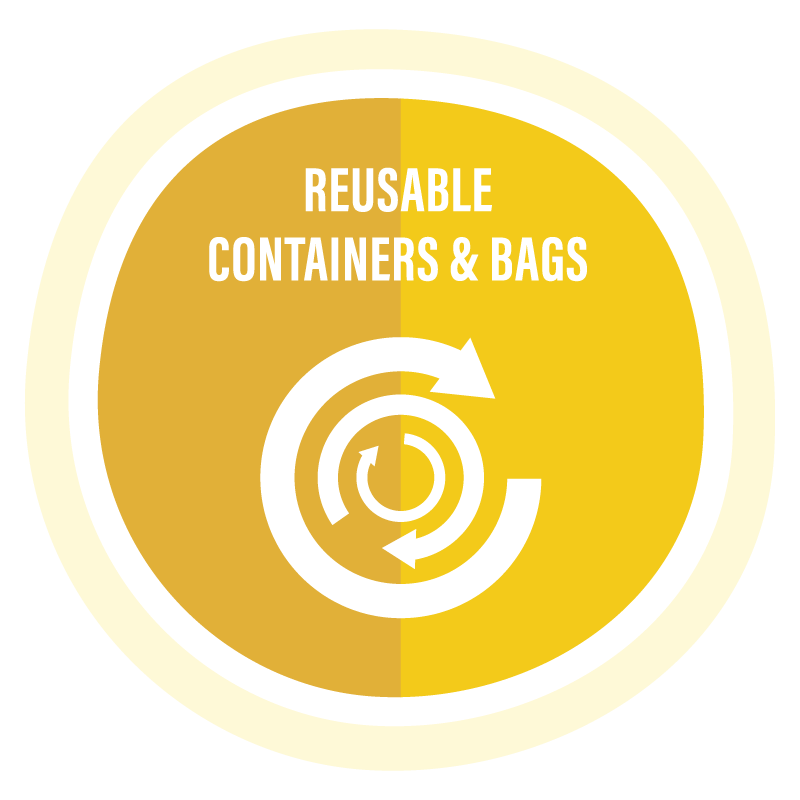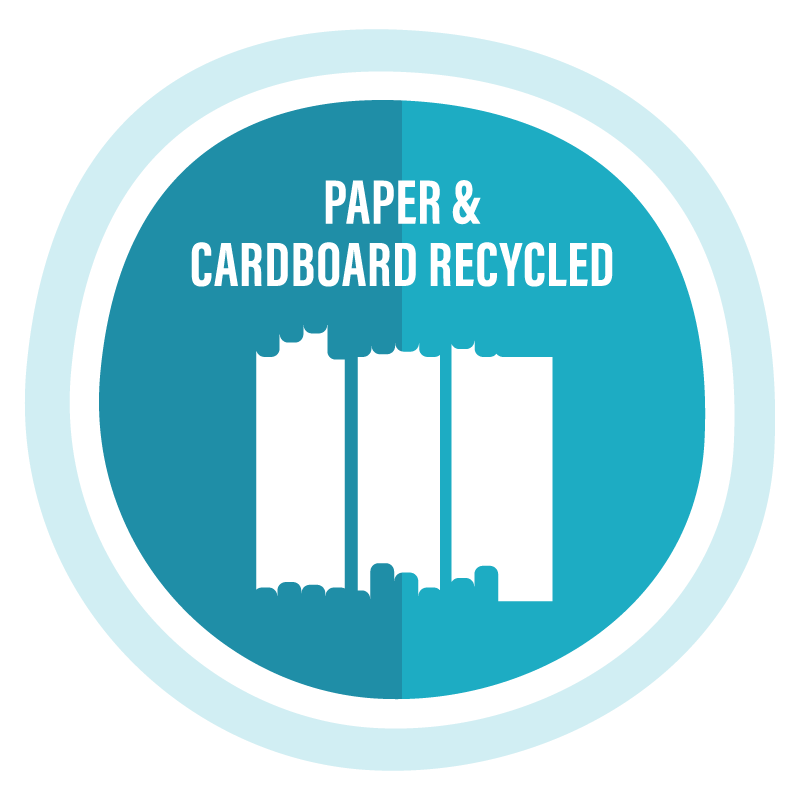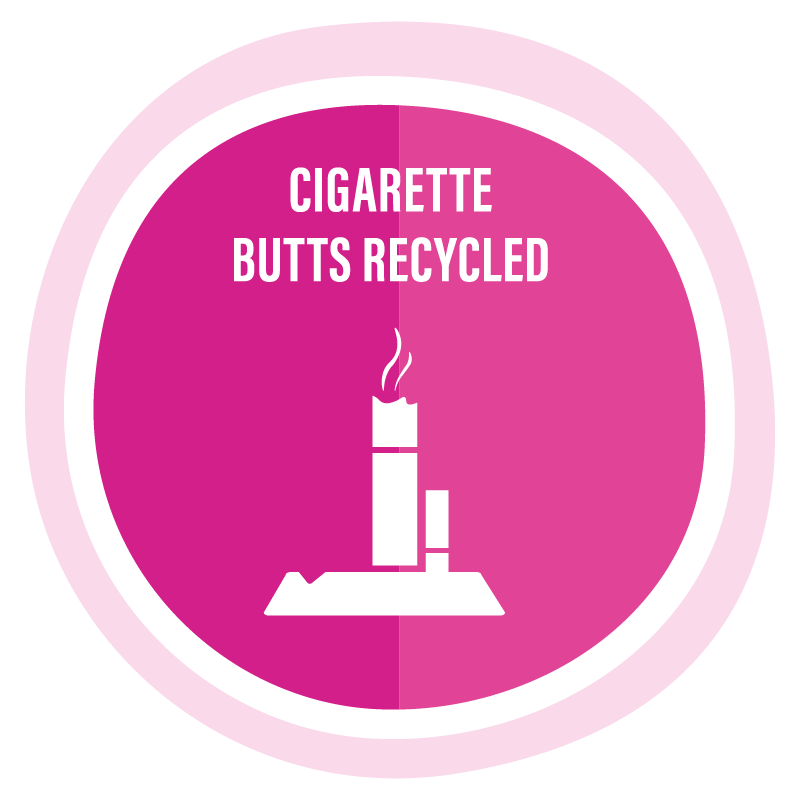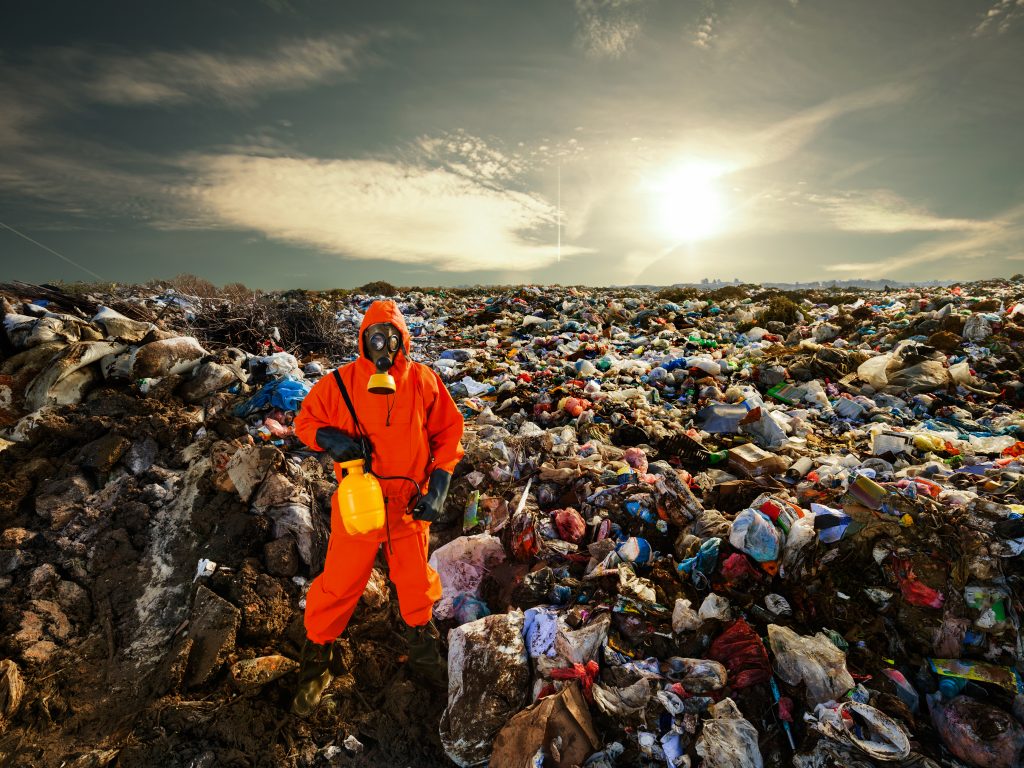
It’s a bit of a stinky situation….
You know when you get to the end of the week, and you pull out that forgotten bag of slimy baby spinach? Or extract a withered carrot from the vegetable crisper? Maybe you get a whiff of milk, sour and ready for the bin? How about when you go out for a big breakfast but just.can’t.finish the meal?
Yeah, we’ve all been there.
Unfortunately, the fact that we’ve ‘all been there’ means that food waste has, well, kinda become a big deal. Australians throw away almost a fifth of their groceries every year – close to 3.1 million tonnes of food nationwide. And when we combine all the food waste that occurs between the farm and our plate, we’re looking at food waste the equivalent of 13,000 olympic sized swimming pools every single year.
Why does this matter? Well, it matters for a few rather critical reasons. Food waste is bad for the environment, for our economy, and for many people in our community. Let us explain how it has come to represent one of the greatest waste stories of our society- in all senses of the word.
Even though Australia produces enough food to feed around 60 million people (that’s almost three times our population!), we’re seeing more and more people experience food insecurity locally. Since March 2020, food rescue charity OzHarvest experienced a 46% increase in new charities needing food. And this isn’t just because of the pandemic – in 2018 Foodbank Australia recorded more than 4 million people (or almost 18% of our population) who had been in a situation where they had run out of food and were unable to buy more.
Seems crazy huh? Even crazier is the fact that we lose about $20 billion to the Australian economy each year due to food waste. This includes from food wasted at the production and transport stage, edible food left over from food preparation, and all that food that accumulates in our fridges and pantries that we don’t eat and have to throw away, People lose money too – food waste costs farmers $2.84 billion a year collectively and each household up to $4,000 a year.
And how about the impact of food waste on our environment? Well, food rotting in landfill releases methane, accounting for more than 5% of Australia’s greenhouse gas emissions. Not only that, but food waste is a critical waste (ahem) of resources – from seeds, water, energy, land, fertiliser, hours of labor, and financial capital. Food waste has such a significant impact that reducing food waste is considered to be the third most effective way to prevent climate change.
So what can we do about it? The best thing each and every one of us can do is to simply avoid wasting food. For you and me, that just means being sensible when we go grocery shopping, and being creative when we see old veggies in the fridge. And when we really can’t use the last of our groceries, we can add them to a worm farm, or even….compost our scraps to fertilise soil. Luckily this is something that we can all get on board with, after all, we all eat!
Which is where the story of Cirque du Soil began. Stay tuned for more on how we are addressing this massive problem (and how you can get involved)!

